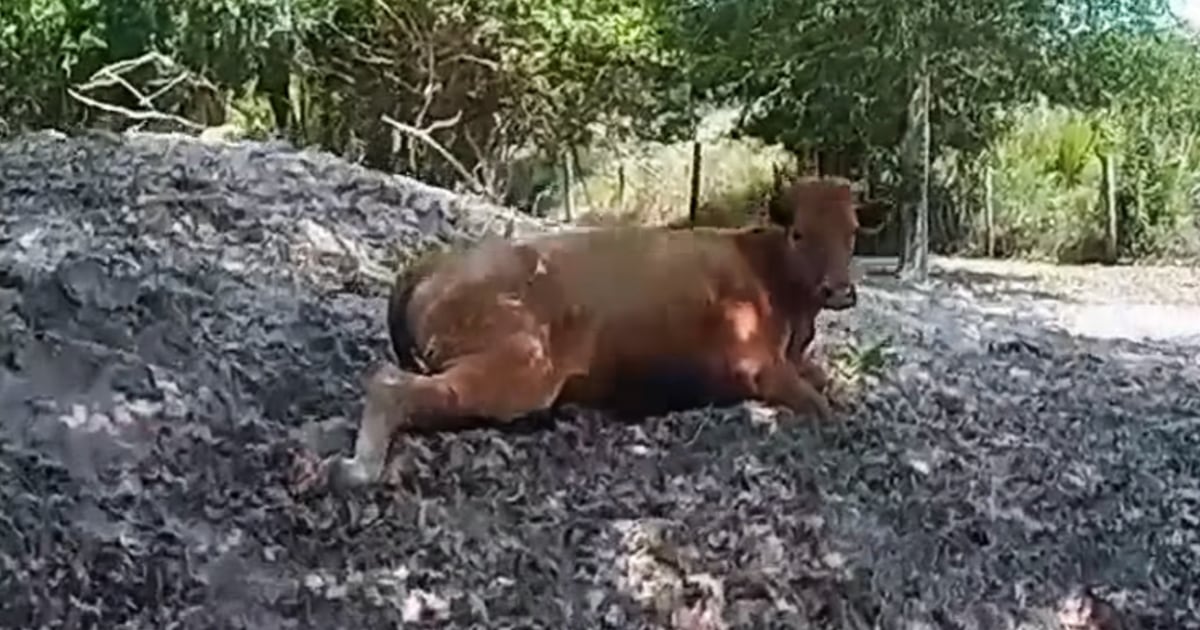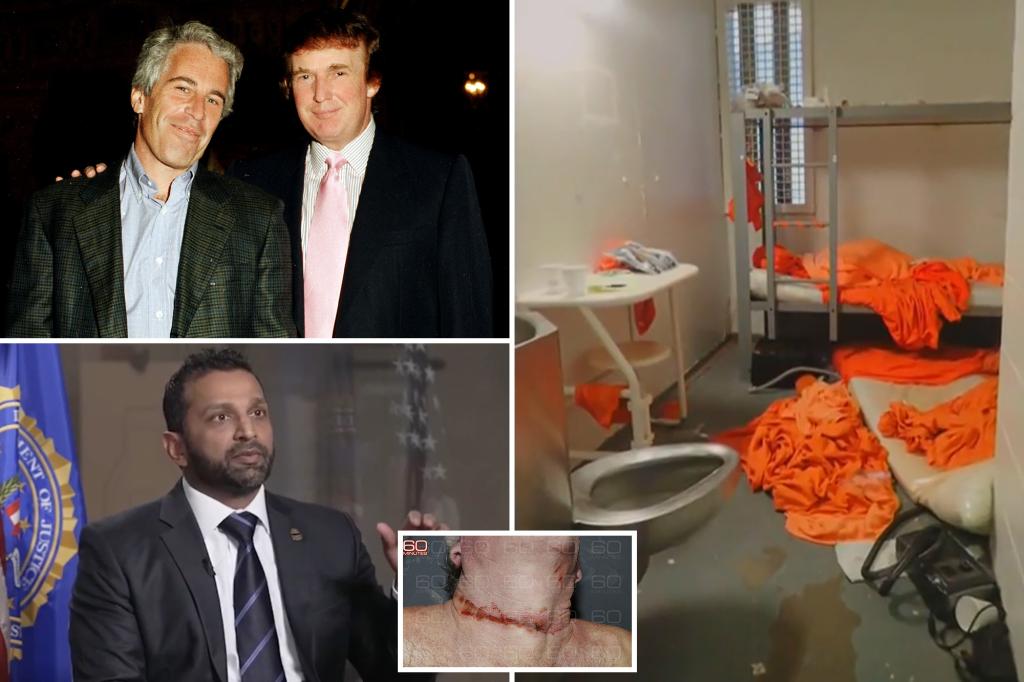Unearthing the Past: Efforts to Recover American Victims of ISIS Begin in Syria
After years of delay, forensic teams have launched a critical excavation mission in Syria to locate and repatriate the remains of Americans killed by ISIS. The operation, spearheaded by the U.S. government and international partners, aims to provide closure to grieving families while uncovering evidence of the terrorist group’s atrocities. Work began this month in northeastern Syria, focusing on mass graves and former ISIS strongholds.
The Long Road to Recovery
For families of the victims, the excavation marks a painful but necessary step toward justice. At least 30 Americans were killed or held captive by ISIS between 2014 and 2019, according to the U.S. State Department. Many were journalists, aid workers, or civilians caught in the crossfire of the Syrian conflict. Despite the fall of ISIS’s territorial caliphate in 2019, bureaucratic hurdles and ongoing instability delayed recovery efforts until now.
“This isn’t just about bringing our loved ones home—it’s about holding ISIS accountable,” said Sarah Thompson, whose brother, a freelance reporter, disappeared in Raqqa in 2015. “Every bone fragment, every piece of evidence tells a story the world needs to hear.”
Forensic Challenges in a War-Torn Region
The excavation faces immense logistical hurdles. Syria’s crumbling infrastructure, landmines, and political fragmentation complicate access to suspected burial sites. Forensic anthropologists must also contend with degraded remains after years of exposure to harsh desert conditions.
- Site Identification: Satellite imagery and survivor testimonies guide teams to potential graves.
- DNA Analysis: Samples will be cross-referenced with family databases in the U.S.
- Local Collaboration: Syrian Kurdish forces, who led the ground fight against ISIS, are providing security.
Dr. Elena Rodriguez, a forensic expert involved in the mission, emphasized the painstaking nature of the work: “We’re dealing with fragmented remains and often incomplete records. It’s like assembling a puzzle where half the pieces are missing.”
A Global Effort with Political Complexities
The U.S. has allocated $5 million to the recovery project, but cooperation with Syria’s Assad regime remains contentious. While the U.S. does not recognize Assad’s government, it relies on local partners in Kurdish-administered regions. Critics argue that geopolitical tensions have slowed progress.
“This mission shouldn’t be politicized,” said former diplomat James Carter. “These families have waited too long. Every day delayed is another day without answers.”
The Human Toll of ISIS’s Reign
ISIS’s brutality left deep scars across Syria and Iraq. The group executed thousands, including American hostages like journalists James Foley and Steven Sotloff, whose deaths were broadcast in propaganda videos. Mass graves containing up to 12,000 victims have been uncovered since 2017, per the United Nations.
For families, the recovery effort is a race against time. “My father died waiting for news about my sister,” said Omar Hassan, whose sibling was kidnapped in 2014. “Now, maybe we can bury her with dignity.”
Looking Ahead: Justice and Closure
The excavation could take years, but its impact extends beyond repatriation. Evidence gathered may bolster war crimes prosecutions against captured ISIS militants. Meanwhile, advocacy groups urge Congress to expand funding for victim identification worldwide.
As the first remains are recovered, the mission serves as a grim reminder of terrorism’s enduring legacy—and the resilience of those left behind. For updates on the recovery efforts or to support affected families, visit the Hostage Recovery Advocacy Group.
See more Update My News



